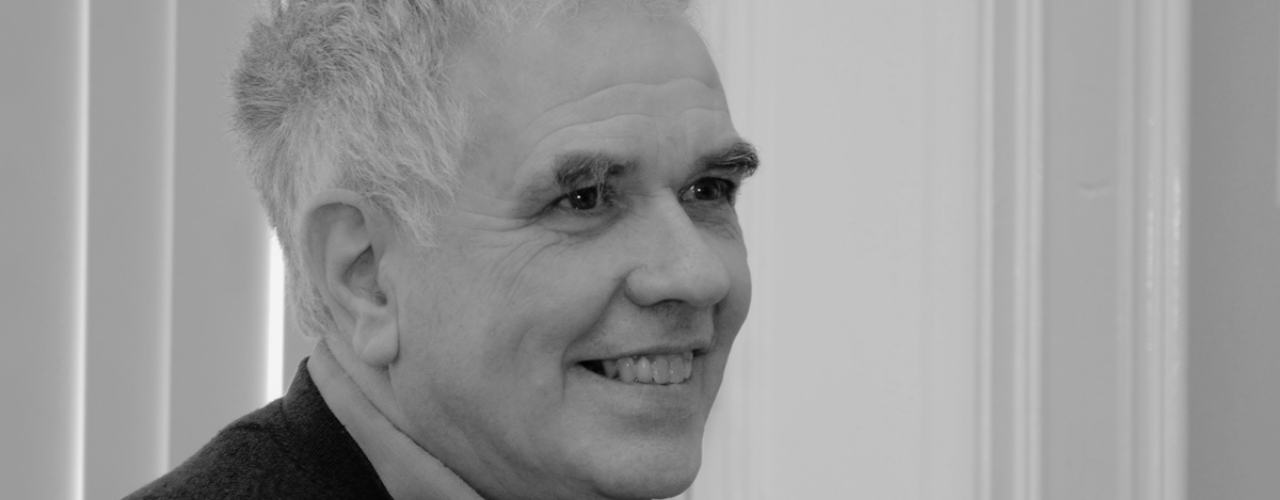
Equal before the Law?
This article, by Fr Peter McVerry SJ, originally appeared Reality magazine in 2016. Eight years on and it is as relevant as it ever was. This week Ireland was told to shore up corporate tax laws to prevent wealthy from committing tax fraud and evasion. At the same time, we are rapidly expanding our prison… Read more »







